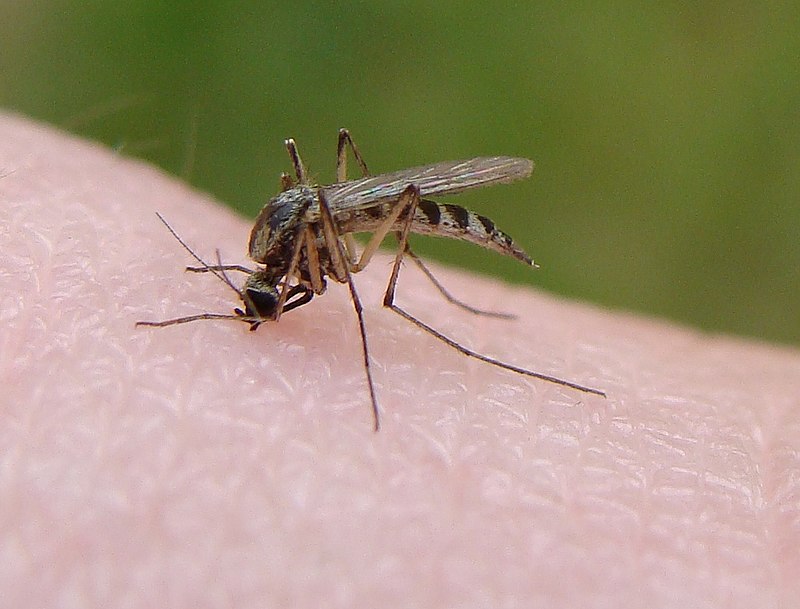Getting rid of Mosquitoes: Science Shorthand with Scerbo
Getting rid of mosquitoes
By Cam Scherbo
Springtime is upon us and we all know what pain mosquitoes can be; it seems like their only purpose is to annoy us humans. We have tried lots of ways to get rid of them, like bug spray and using other detergents, but they still manage to bite you.
Well, a biotech company called Oxitec has genetically engineered a mosquito to help us solve this problem. Some might say they are “fighting fire with fire.”
The new mosquitoes they are using have been modified to have a self-limiting gene. The scientists create the mosquitoes in a laboratory and then set them free into the wild, sometimes millions at a time.
These mosquitoes, all of which are male, go out and mate with the female mosquitoes. The females then lay their eggs, and when they hatch, the modified gene comes into play. The gene makes it so that all the female mosquitoes die before reaching adulthood.
This is not just effective because it leaves no mosquitoes for the males to mate with; it also works well because female mosquitoes are the only ones who can bite. Male mosquitoes just eat nectar from flowers.
According to the CDC, “Since 2019, over 1 billion mosquitoes have been released.” The CDC also states, “The EPA evaluated the potential risk of releasing GM mosquitoes into communities and determined that there is no risk to people, animals, or the environment.”
One of the main reasons for this invention is the prevention of disease. Mosquitoes cause the most deaths of any animal because of the illnesses they transmit.
The GM (genetically modified) mosquitoes are mostly made to target Ae. aegypti mosquitoes otherwise known as yellow fever mosquitoes. They carry the most diseases.
Some people believe that we should just get rid of mosquitoes altogether; after all, what are they good for besides annoying us humans?
One defense people have in favor of keeping mosquitoes around is their role in the food chain, but an article by mrmr.biz says that, “As far as the role of mosquitoes in the ecosystem, most scientists seem to think that mosquitoes only play a minor role. There is no single organism that feeds exclusively on mosquitoes. While many animals consume mosquitoes, it is only a very small part of their diets. So removing mosquitoes from the food chain would have little effect.”
It’s likely that another insect would just fill the hole left by mosquitoes. The only problem with completely eradicating them is that we don’t know what species would replace them. The new species could potentially be worse than mosquitoes, though this is unlikely.
There are over 3,500 species of mosquitoes, so using GM mosquitoes would not be a very effective way to eradicate all of them, but thankfully only about 100 species actually go after us humans.
According to the World Health Organization, 725,000 people die due to mosquito-born illnesses every year. In the end, I think it’s important to think of the number of lives that would be saved by getting rid of mosquitoes.
Photo By WildTurkey – https://www.flickr.com/photos/wildturkey5300/5894049828/, CC BY 2.0, https://commons.wikimedia.org/w/index.php?curid=17179025

Cameron Scerbo is part of the Oakmont class of 2026. This is his second year being part of The Oakmonitor. Not only is he a part of The Oakmonitor, but...











